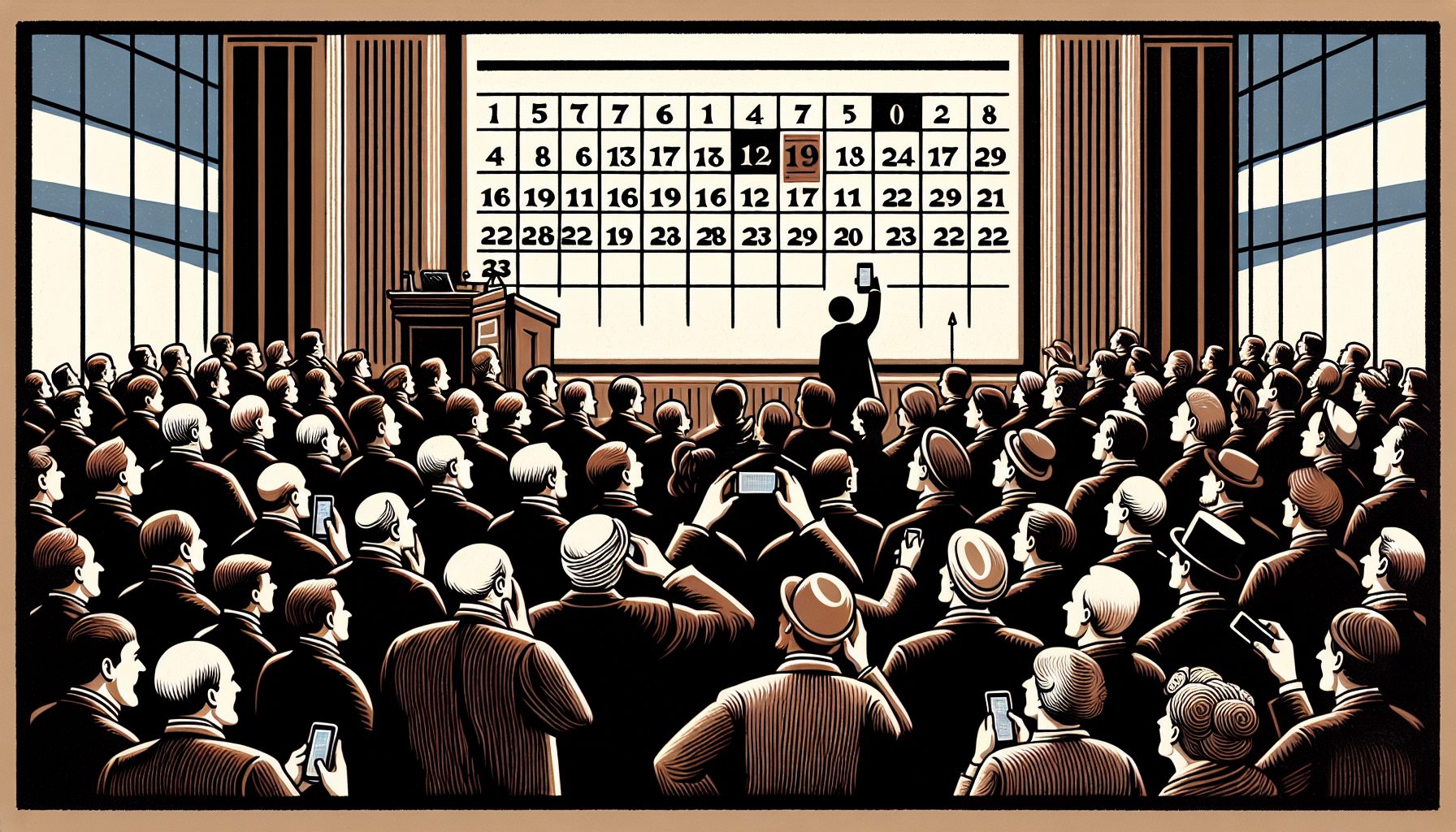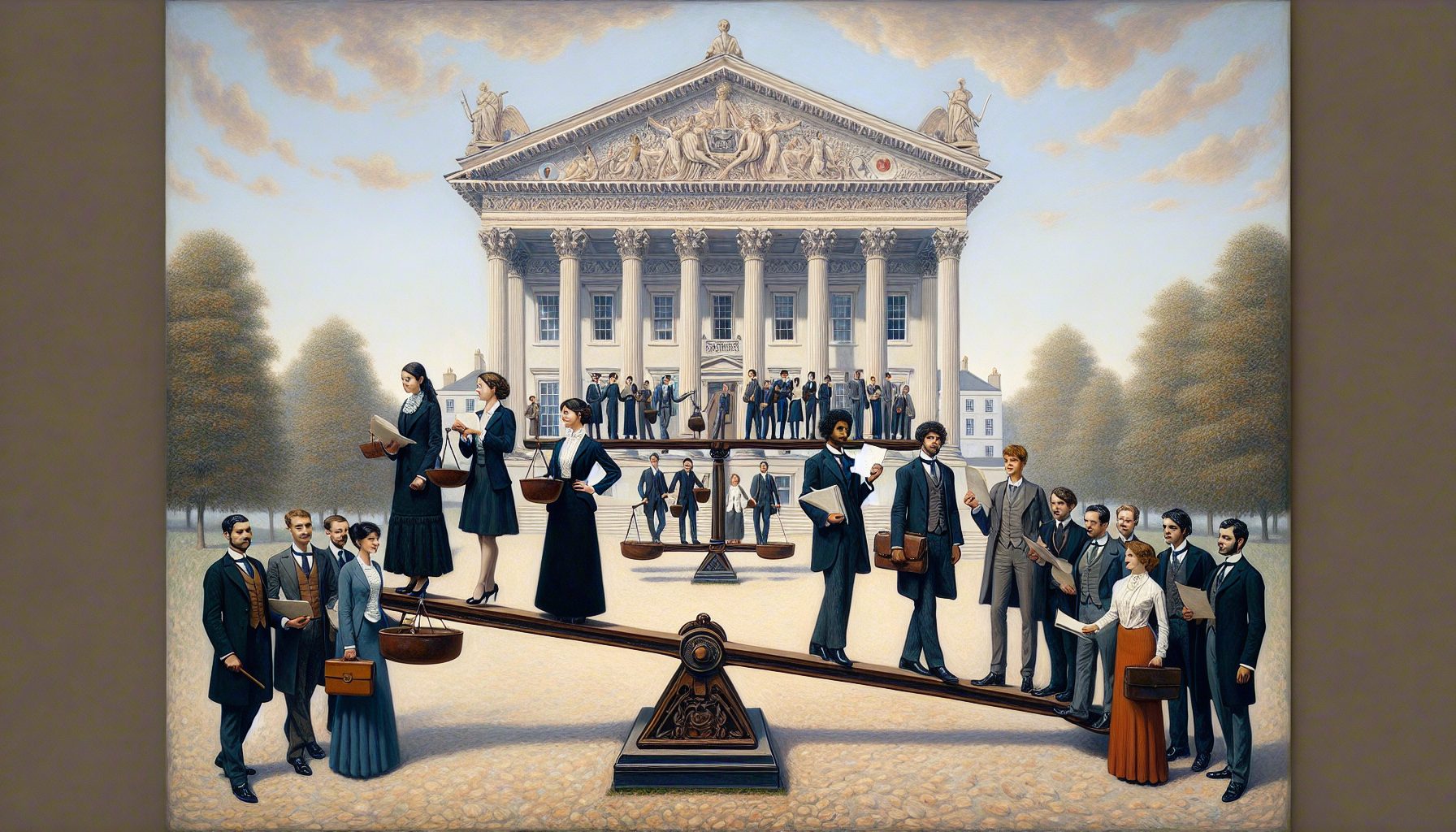![]()
Warner Wolf got the boot this year. But to borrow this veteran New York sportscaster’s trademark phrase, Let’s go to the videotape!
Back in May, Baseline examined the prospects of the Boston Red Sox for the then-upcoming baseball season. Our thesis was that the longtime losers were raising their game by statistically measuring the output of major league players. The organization decided its road to a World Series win would be paved by personnel decisions based on numbers. Their success (or lack of it) would be a prime example of how to harness “human capital” for a clear business purpose: victories on the playing field.
Contributing editor Mel Duvall wrote: “There’s clearly a payoff for companies who can adapt their own information systems to keep increasing amounts of performance information—think ‘time spent with customers per day’ or ‘trouble tickets resolved’—that can be delivered to managers and executives. Such measures help identify, recruit and retain the best talent, not necessarily the most expensive. But if a person is that much more productive, the higher salary can lower the overall cost of doing business.”
The Red Sox and like-minded teams are showing all U.S. companies how to identify and retain the best talent.
You think there’s no way to measure instincts? Hah. Have five coaches, er, senior executives observe and rate the person on a scale of 1 to 100. How about aggressiveness? Mental toughness? Chemistry with teammates? Ditto.
Whatever the criterion you choose, there’s a way to measure it. Want a player with bluntness of 55 or more, organizational habits of 75 and eloquence of 95? No sweat. Just tap in the values in the allotted fields and the system will spit out the known prospects.
Is it foolproof? Easy? Well, as Ike and Tina Turner used to say, before they burned up their own interpersonal capital: “We never, ever do anything nice and easy.”
Numbers are necessary. Numbers are enlightening. And the only available predictor of the future is the past.
But numbers alone cannot predict the future. Using all available data and the most important number to a business—his $22.5 million a year salary—the Red Sox a year ago were all set to cut loose outfielder Manny Ramirez. Any team in the major leagues could have had him. All they had to do was take his salary off the Red Sox’ hands. No other team bit. So he stayed with the Sox—and last month, as the Earth eclipsed the moon, he emerged as the Most Valuable Player in the World Series. Without his bat and an unexpectedly accurate throw to home plate to cut off a key St. Louis Cardinal run, the Sox might still be looking for their first baseball championship since 1918.
The Sox, based on the numbers, also had their hearts set a year ago on bringing in the supposed best player in baseball, Alex Rodriguez, then of the Texas Rangers. The team even was willing to supplant its longtime star Nomar Garciaparra, an unheard-of proposition.
The Sox and Rangers couldn’t come to terms. Worse, Rodriguez ended up in the employ of Boston’s bitter rivals, the New York Yankees. But Rodriguez had an off year, and then showed barnyard “instincts” when headed toward first base at a critical point in the seven-game, come-from-behind American League championship playoff won by the Sox. He slapped at a Red Sox pitcher’s glove to dislodge the ball to reach base safely. That’s illegal. He lost respect, and the Yankees lost the game and series in ignominious fashion.
Predictable? By the numbers? Nope, on both counts.
Same with this month’s presidential election. The numbers mean little. George W. Bush won in 2000 with a minority of the popular vote. Until some extremists changed the mind-set of his nation irrevocably, he had little idea of what he would do with his tenure. His response? Also unpredictable. Find Osama, dead or alive. But when that proves infeasible, invade Iraq. Which just goes to show, no one knows for sure how any candidate will act in office once elected. A marginal victory or a mandate means little.
Numbers are one tool for prediction. Judgment is another. But how you deal with events as they occur dictates how life unfolds.








